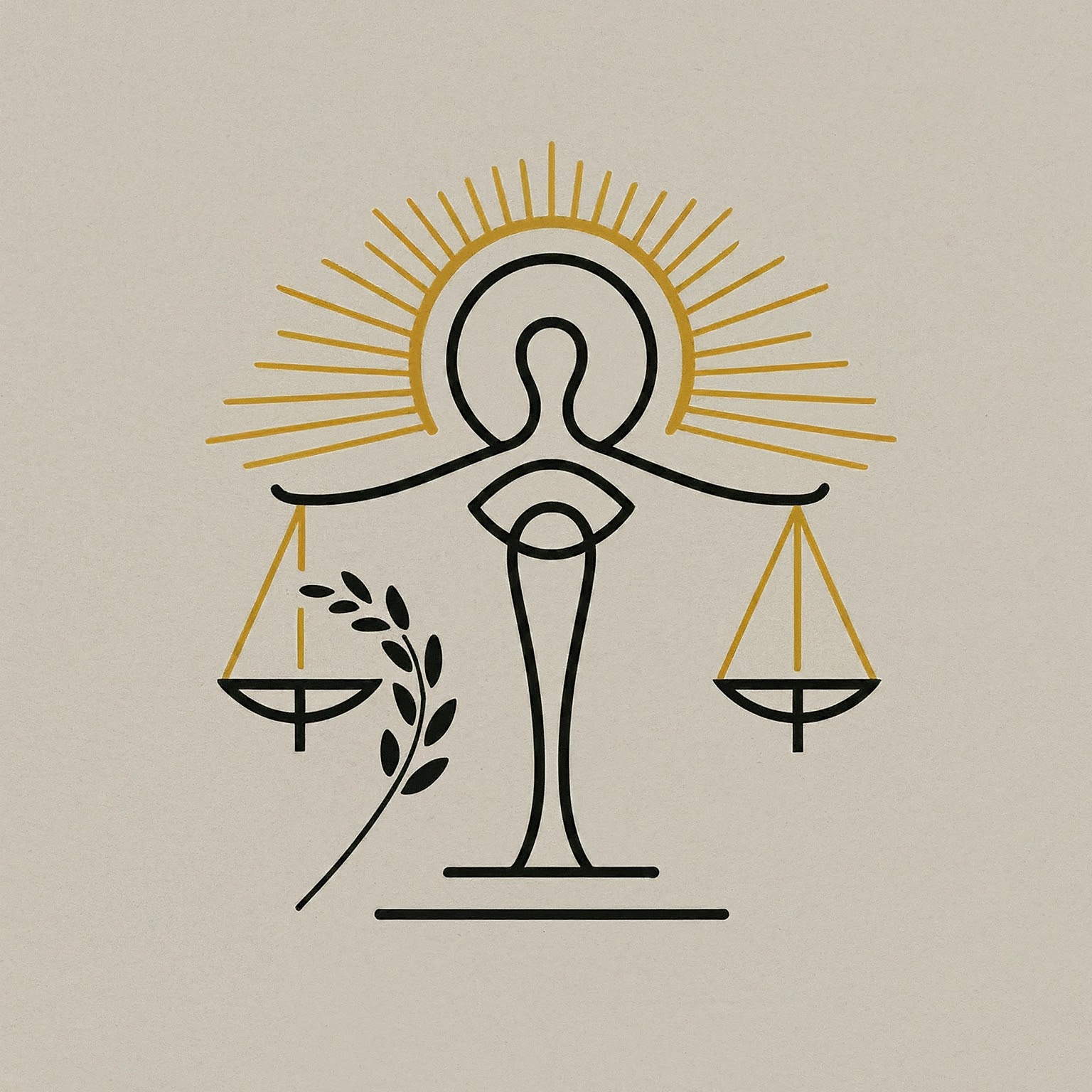Here is a snapshot from our International Court of Justice Narrative Intelligence brief.

This International Court of Justice narrative is driven by 71 sources in the U.S. Media module, amplifying 358 narrative items.
Today, our Narrative AI highlights the International Court of Justice's (ICJ) advisory opinion declaring Israel's actions in the Occupied Palestinian Territory, including its settlements and military activities, as illegal under international law. The opinion has sparked strong reactions, highlighting perceived biases against Israel and calls for the international community to take decisive action against its presence in these territories. The ruling raises questions about potential responses and implications for international law and relations with Israel
The International Court of Justice (ICJ) advisory opinion on Israeli settlements in the West Bank and East Jerusalem highlights a complex interplay of demographics, social, economic, political, and military considerations in the region. The Israeli-Palestinian conflict is deeply rooted in historical grievances, territorial disputes, and national identities, with both Israelis and Palestinians claiming historical ties to the land.
Demographically, the region is characterized by a significant Palestinian population, which has faced displacement and socio-economic challenges due to ongoing conflict and military occupation. The expansion of Israeli settlements has exacerbated tensions, leading to accusations of ethnic cleansing and economic deprivation among Palestinians. The presence of approximately 700,000 Israeli settlers in the West Bank complicates the prospect of a two-state solution, as these settlements are viewed as illegal under international law.
Politically, the ICJ's ruling reflects broader international sentiments, with the European Union and other nations expressing support for the advisory opinion. However, Israel's government has consistently rejected such rulings, asserting its right to security and historical claims to the land. The U.S. has historically provided diplomatic and military support to Israel, complicating international efforts to address the situation.
Geographically, the West Bank and Gaza Strip are strategically significant, bordering Israel and neighboring Arab states. The military presence and control over these territories are justified by Israel as necessary for national security, particularly in light of past conflicts and ongoing threats from militant groups.
In terms of national security, the ICJ's ruling may prompt increased international pressure on Israel to alter its policies, but the non-binding nature of the opinion limits its immediate impact. The situation remains volatile, with potential implications for regional stability and peace efforts.
Our Kudzu Narrative Intelligence brief auto-updates every few hours with fresh analysis:
Note: Kudzu Narrative Intelligence briefs update every few hours. Very likely, the Narrative Analysis above will have changed as well.
Image Credit for Article Header: Gemini AI